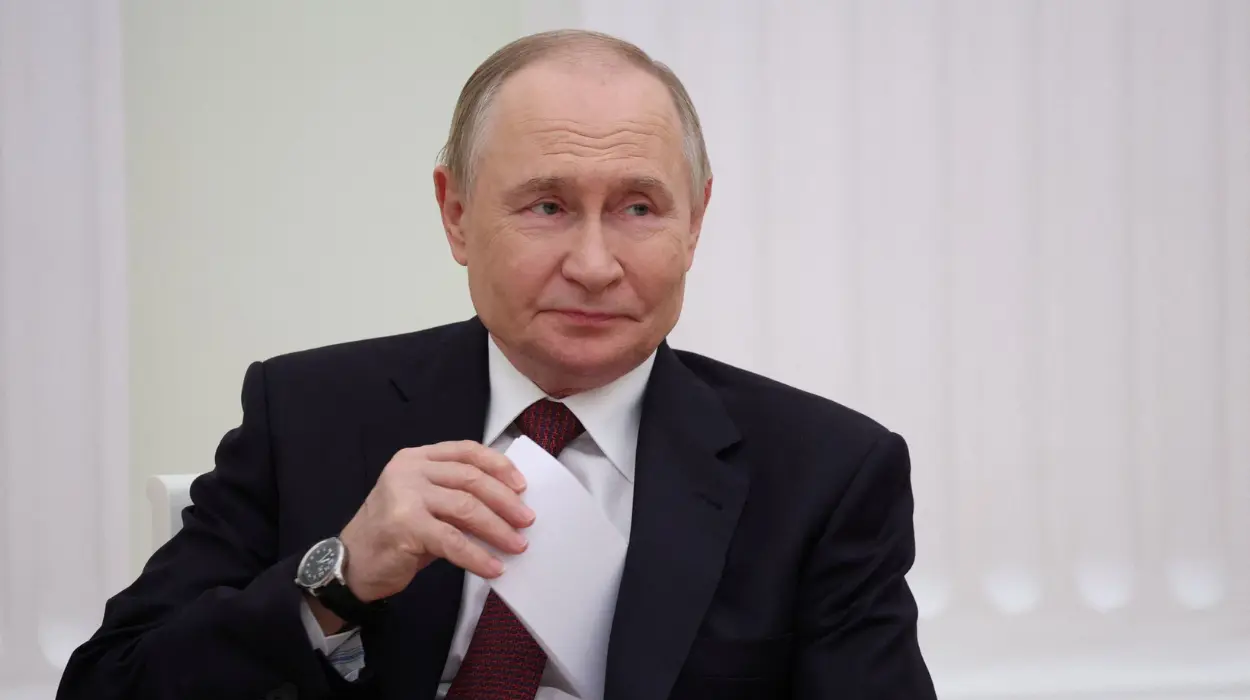UK (Parliament Politics Magazine) – Former MI5 chief Manningham-Buller warns Britain may already be at war with Russia, citing Moscow’s cyber-attacks, sabotage, and spy operations.
As reported by The Guardian, Eliza Manningham-Buller stated that Britain may already be in conflict with Russia due to cyberattacks, sabotage, and hostile acts.
The ex-MI5 head, who led the agency two decades ago, said she agreed with Russia expert Fiona Hill that Moscow is engaged in conflict with Western nations.
What did Lady Manningham-Buller warn about UK-Russia tensions?
Lady Manningham-Buller said the condition has changed
“since the invasion of Ukraine and the various things I read about that the Russians have been doing here – sabotage, intelligence collection, attacking people and so on.”
During a podcast with Lord Speaker John McFall, she referenced Fiona Hill, who advised US President Trump and co-authored the UK’s strategic defence review.
She said,
“I think she may be right in saying we’re already at war with Russia. It’s a different sort of war, but the hostility, the cyber-attacks, the physical attacks, the intelligence work is extensive.”
Ms Hill stated, Russia was already
“menacing the UK in various different ways,”
Citing
“the poisonings, assassinations, sabotage operations, all kinds of cyber-attacks and influence operations. The sensors that we see that they’re putting down around critical pipelines, efforts to butcher undersea cables.”
Early in her tenure as MI5 chief from 2002 to 2007, Lady Manningham-Buller had hoped Putin’s Russia would cooperate with the West rather than revert to Soviet-era policies.
During Mr Putin’s 2005 London visit after the G8 summit in Scotland, she met him while Lord McFall suggested the Russian leader was putting on a “pleasant face” for Western powers.
Lady Manningham-Buller responded,
“I wouldn’t quite describe him as that. I didn’t anticipate that within a year he’d be ordering the murder on London streets of [Alexander] Litvinenko, but I thought he was quite an unpleasant man.”
The former MI5 chief criticized the US and UK governments for cutting aid, warning that it could allow China to expand its influence in developing countries.
She highlighted the impact of US-funded HIV treatment programs in Africa, which she observed while serving as director and later chair of the Wellcome Trust after leaving MI5.
Lady Manningham-Buller said,
“You’d go to a pretty primitive hospital with people on pallets on the ground, but the George W Bush-funded Aids wing was a different scale. For Americans to stop all of that, and for our cutting back on aid, means that we leave space for your friendly Chinese diplomat.”
She added,
“If we withdraw from the world, they can move in because they have a strong economic base, so I think soft power … whether it’s the BBC World Service, whether it’s aid, whether it’s demining, all contribute importantly to our influence in the world, as well as being of humanitarian importance.”
Pat McFadden’s views on Russia’s cyber-attacks on the UK
Last year, Pat McFadden, the Cabinet Office minister at the time, warned that Russia had stepped up cyber-attacks against the UK.
He said,
“We will not join those voices of weakness who want to give Putin a veto over our help for Ukraine.”
Mr McFadden added,
“While no one should underestimate the Russian aggressive and reckless cyber threat to NATO, we will not be intimidated by it and we will never allow it to dictate our decisions or policies. And we will do everything we can to defend our countries against it.”
How many faced jail for spying and arson tied to Russian operations?
In 2025, six Bulgarian nationals in the UK were sentenced for involvement in a spy network conducting surveillance across Europe.
Separately, five men were convicted for their role in a Moscow-ordered arson attack on a warehouse storing supplies for Ukraine.
What did Yvette Cooper say about Russia’s Nato airspace violations?
UK Foreign Secretary Yvette Cooper said Britain “stands ready to act” following Trump’s call for Nato members to target Russian planes violating airspace.
She stated,
“Ukraine’s security is our security, and all of us depend on upholding the UN Charter. Russia’s actions seek to undermine democracy, secure conflict and spread instability far beyond Europe’s borders.”
Ms Cooper added,
“In recent weeks, we’ve seen provocative and reckless violations of Nato airspace in Estonia, Poland and Romania, against which Nato stands firm, and we will be ready to act.”
How many countries are members of NATO in 2025?
As of 2025, NATO comprises 32 member countries, up from its 12 founding members in 1949. The alliance has expanded through multiple rounds of enlargement over the decades.
NATO’s primary aim remains collective defense under Article 5 of the treaty. It also works on crisis management and security operations worldwide.


